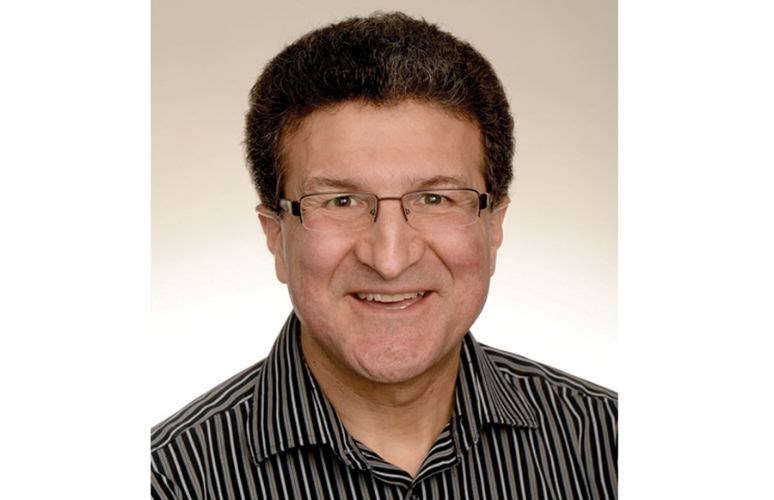If humanity is guided by a universal set of moral principles, why do we need rules and laws? If everyone just did what they knew was right, everything would be perfect.
This is certainly a utopian world view. Yes, there are moral principles which guide all of humanity, and when we are in touch with them, we can live at peace with others. The problem is that achieving that level of awareness is a lifelong task, and some individuals unfortunately never arrive. In order for society to function, we need rules and laws to guide us.
That said, rules and laws need to be constantly debated in order for society to continue to advance.
Psychologists have long discussed how individuals develop a sense of right and wrong. One interesting theory, albeit imperfect, is that of Lawrence Kohlberg.
He said that there are six stages of moral development.
In the first stage, our goal is simply to avoid punishment. That is, it's only wrong if I get caught.
In the second stage, the right thing to do is defined by what promotes our own self-interest. I do things to get rewarded, to get what I want.
In the third stage of moral development, one is guided by the expectations of others.
A child wants to be seen as a good boy or a good girl, an adolescent wants to gain the approval of his or her peers.
Though these stages are primarily developmental stages, which we all go through as we grow into adulthood, Kohlberg points out that for various reasons, a person can remain at a particular stage for their entire life.
The fourth stage of moral development is, according to Kohlberg, where most people spend their entire adult lives. We believe that following the laws and rules of society is the morally right thing to do. "Ours is not to question why, ours is but to do or die."
With the majority of people operating at this level, society is able to function.
People at stages five and six in Kohlberg's theory do not do the right thing because it is the law, they do the right thing because they believe it is the right thing to do.
If a law is unjust, according to their judgment, they are not obliged to follow it.
Dr. Martin Luther King saw racial segregation laws in the United States as unjust, so he chose not to follow them, and he encouraged others to do the same. He went to prison for what he did, but he still knew that he was doing the right thing, and as a result, his conscience was clear.
According to Kohlberg, only 10 to 15 percent of the population arrives at this level of moral development. We need to keep in mind, however, that Kohlberg developed this theory in the 1950s. We have since grown to idealize leaders like King, who clearly lived by a higher order.
If we do indeed become what we think about, this is good news.
As individuals embrace this higher order of thinking, we challenge rules and laws in place, and build a continually advancing society that does its best to live by universal moral principles.
We may never achieve utopia, but we are able to bring it ever closer.



